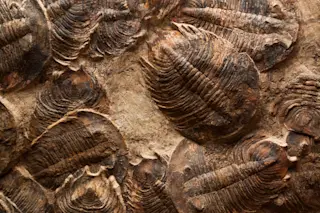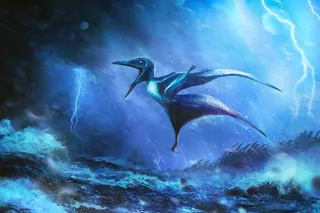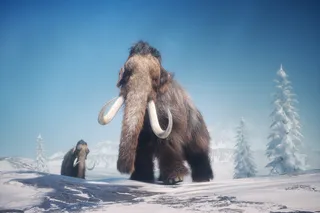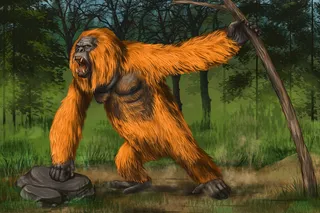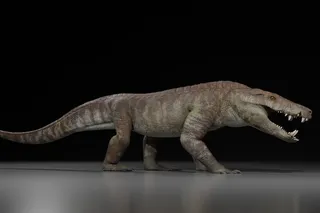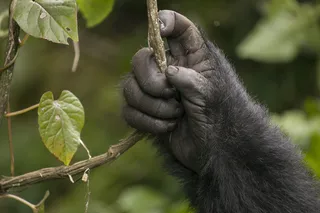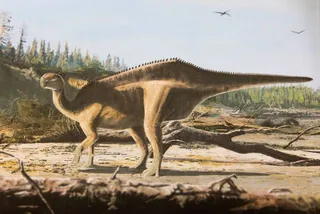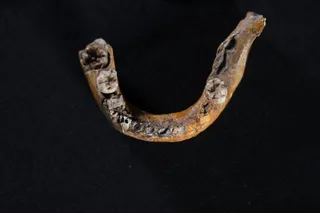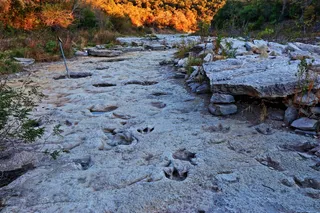Earth’s largest mass extinction eliminated a lot of marine species. But it didn’t eliminate them all.
According to a study in Science Advances, warm, oxygen-depleted waters may have helped select survivors of the end-Permian extinction in the aftermath of the event around 252 million years ago, allowing them to expand their ranges throughout Earth’s oceans. The results reveal how marine animals have recovered from past mass extinctions and how they could recover from mass extinctions in the present and future, too.
“Our study has provided a simple environmental explanation, rather than an ecological one, for why certain survivors of the end-Permian extinction prospered,” said senior study author Jonathan Payne, a paleobiology professor at Stanford University, according to a press release.
During the “Great Dying” around 252 million years ago, approximately 80 percent of marine species disappeared from the face of the Earth. During the “Great Dulling” that followed, select species ...



